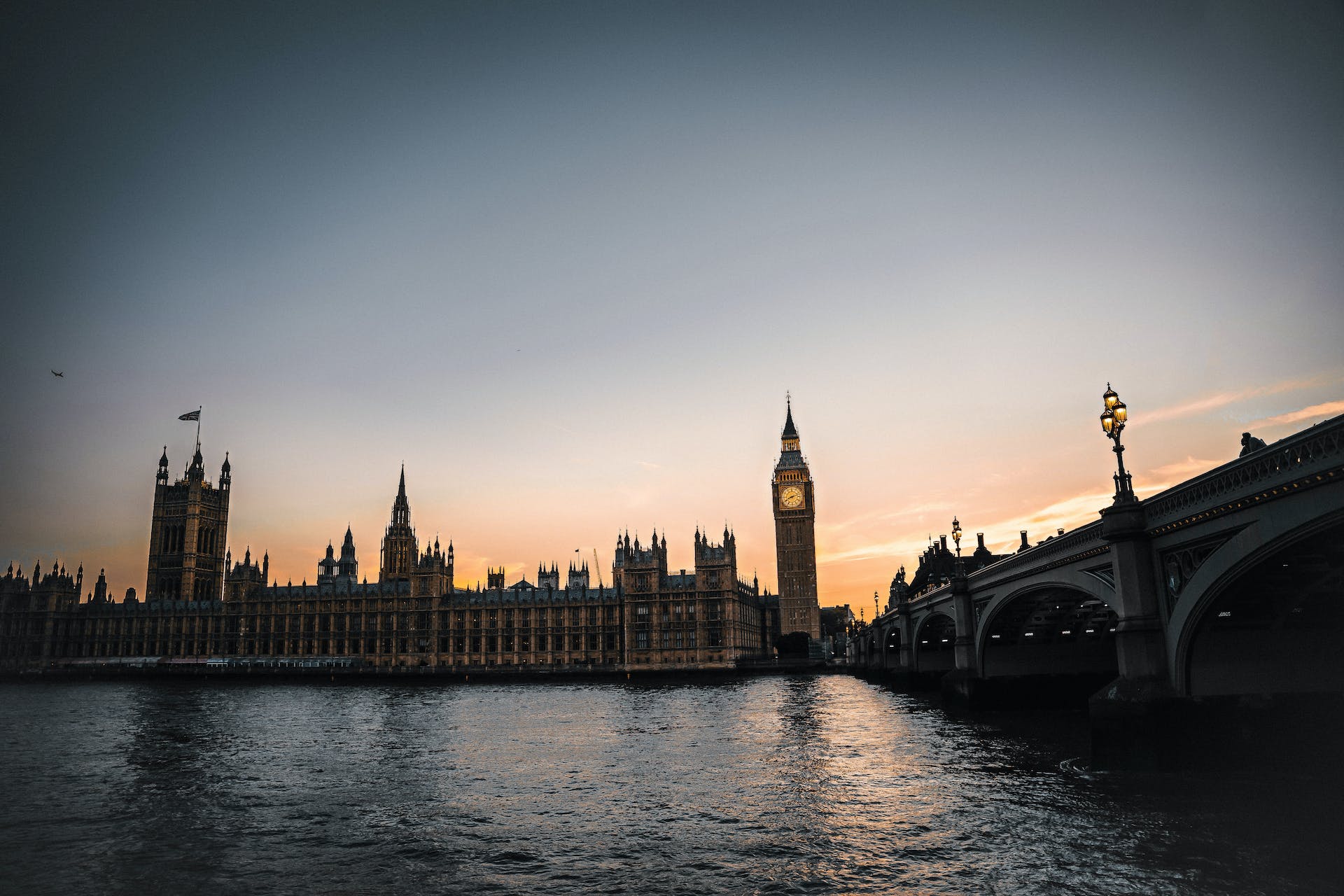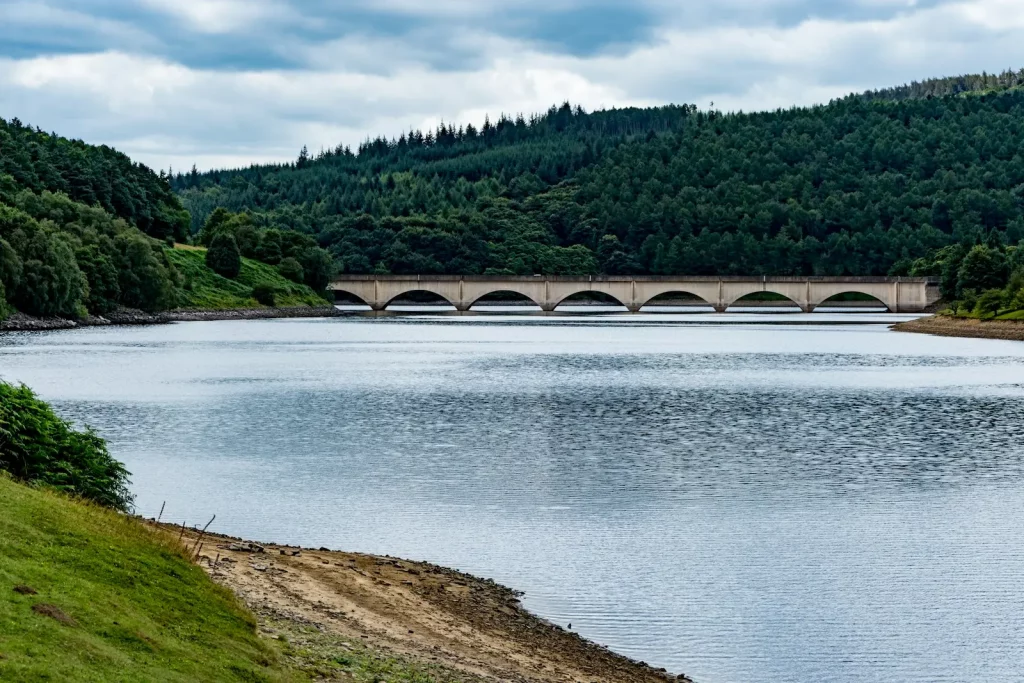The price of water has been a constant focus not only on companies that help businesses lower their water rates, switch suppliers and find ways to save water throughout their entire workflow, but also in the wider mainstream media.
It has been difficult to keep track of the controversies surrounding the ten main water companies in England and Wales, from allegations of illegally using storm overflow systems to dump raw sewage into water courses, to record fines, woeful underperformance and financial crises.
The most recent bombshell accusation is that six of the nine water companies in England may have overcharged customers by as much as £1.5bn, according to a series of competition appeals tribunal cases brought against the water industry and one that Water UK vehemently denies.
What is the basis for such huge accusations, the scale of the overcharging, and the potential repercussions of everything else going on with the water industry right now?
Class Action
To understand the basis for the accusation, it is important to know what a competition appeals tribunal (CAT) action is.
Schedule 8 of the Consumer Rights Act 2015 introduced a system where an individual can launch an antitrust legal case on behalf of all affected customers on an opt-out basis.
This system works similarly to a class action lawsuit, where as long as the CAT is permitted to go ahead, an entire group of customers, potentially including a significant proportion of the adult population of England and potentially millions of business customers.
The particular suite of cases was brought by Professor Carolyn Roberts, an environmental and water consultant represented by Leigh Day Solicitors, who has alleged that between £800m and £1.5bn has been charged to customers that should have been automatically reduced.
Her allegation is that six companies (Thames Water, United Utilities, Northumbrian Water, Severn Trent Water, Anglian Water And Yorkshire Water) had taken advantage of their natural monopolies to mislead regulators about the levels and scale of sewage discharge.
This could be related to a report in late 2023 from BBC Panorama, which alleged that leaked documents showed some water companies wrongfully downgraded pollution events, which were accepted by the Environment Agency because water companies “controlled the evidence”.
These are allegations by whistleblowers at the EA, and have not as yet been confirmed or denied, but appear to be the basis of Professor Roberts’ legal argument.
By wrongly downgrading pollution incidents without independent investigations, Professor Roberts alleges that the six companies that are part of the CATs misrepresented their environmental performance, allowing themselves to increase water bills under false pretences, and defrauding business and residential customers in the process.
Had the companies provided a true indication of the level of pollution, they would have been forced as part of the water industry regulatory apparatus to charge lower rates and potentially offer automatic discounts or refunds.
Should the CAT action succeed, customers who have not opted out will automatically receive a refund which allegedly amounts to £40 per person, although this would depend on the tribunal’s decision and assessment of damages.
This legal case is one of several issues the water industry is facing, particularly as changes in the law may hold water company executives personally criminally responsible for wilful environmental damage.
Even if it does not lead to any CEOs ending up in prison, the financial pressures of providing millions of pounds in refunds could lead to further cost pressure given the current Ofwat proposals for water rate increases.
For one of the six companies involved, the damage could potentially be existential.
When It Thames, It Pours
It is no secret that Thames Water is in the midst of an existential financial crisis, with its £19bn in debt increasing on an almost daily basis due to fines, the costs of legal defences and the potential for even bigger penalties on the horizon.
The struggling private water company is in talks to prepare for a monumental restructuring of its debt, which would cause huge losses to existing lenders but is believed to be the only viable plan to avoid nationalisation under the Special Administration Regime.
The ailing company has previously claimed it has enough reserves to last until May 2025, but according to the Financial Times, Thames Water is spending cash faster than had been calculated, leading to concerns that the May date for the cliff-edge was optimistic.
Two half-billion pound loans are set to come due in 2024, with one credit facility worth £530m coming due on 7th October. If either of these are not extended, Thames goes under within weeks rather than months.
Similarly, Thames is working with lenders to release cash reserves which it claims it needs in order to survive into 2025.
Ultimately, all of these factors put Thames Water in a very difficult position, and if they fall into a SAR, that could have reverberations for the entirety of the water industry in England and Wales, not just around Greater London.



